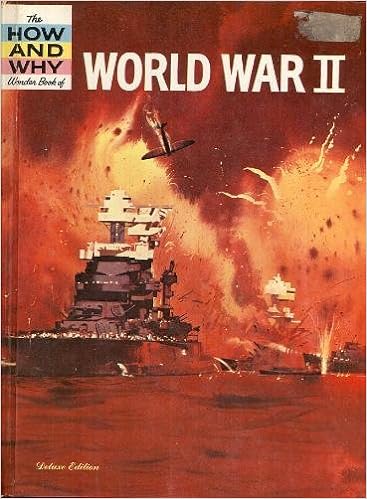Besides Selfish Gene, other highly impactful books were:
All Quiet on The Western Front: Read in 10th grade and led me to write my first poem and take a more humanistic rather than nationalistic view of war.
Catcher in the Rye
How to Think About Weird Things: A great intro to critical and skeptical thinking that was part of my "Logic and Reasoning" course as an Undergrad. This was a huge gateway for me towards understanding that science was an approach to evaluating ideas and not just a set of declared truths by authorities in lab coats.
Alan Watt's "The Book: On the Taboo against knowing who you are". Watt's was a philosopher, a great writer, and distilled some of the most thoughtful and useful aspects of Eastern philosophy (Hindi, Taoism, and Buddhism) into ways that were both humorous and could make sense to a Western mindset. I read it just at the right time at age 20, when I was rejecting all of religion that I knew (Abrahamic monotheism) and seeking a new perspective that was more about finding the humor and absurdity of life and not in making moral judgments or trying to use supernatural woo to explain the natural world. Watt's philosophy emphasized separateness and the self as illusions that ignored inseparable and co-dependent nature of what was "inside" vs. "outside" each "thing" and the permeable membranes (and sensory inputs for organisms) that made the inside and outside of oneself a constantly changing and interchanging event, with our sense of self a constructed illusion of stability that isn't actually true but is a useful illusion for our organism to have. It mostly holds up to modern science (from physics to psychology). For me, it allowed my to view life as a kind of entertaining ride or work of fiction, that I could take seriously and really get into because its fun to do that, but if being serious got painful, just step back and realize, "oh wait, this doesn't actually matter beyond me pretending that it does." It also helped lead me to a passion for science as a form of self-awareness, realizing that the very real physical entanglement I had with everything in the Universe meant that understanding any part of it was to understand what, what, how, and why I was.
I also highly recommend Watt's other books and talks you can find online. Note, his works will have a more positive impact if you don't go seeking answers or take a literal stance and look for factual "errors", but rather treat it more as artistic expression and poetry that is "right" more on an emotional and metaphorical level (though it does get much right in a scientific sense, but at a very abstract conceptual level). Some claim the said can be said about the Bible and Koran, but I disagree. They are more hateful, closeminded and authoritarian even on a "artistic", emotional, or metaphorical level, and much of what is factually wrong (e.g., miracles) was intended to be taken as literal occurrences, otherwise it fails to show the power and "beyond-nature" aspects of God, which was the point of those writings.


